Global support for world-first social media reform as expert says ‘Australia will fix America’s mistakes’
Parents around the world want their countries to match Australia’s historic move to ban social media for children under the age of 16.
Social
Don't miss out on the headlines from Social. Followed categories will be added to My News.
Politicians, parents and psychologists around the world are clamouring for their countries to match Australia’s historic move to ban social media for children under the age of 16.
The world-first reform – delivered by the Albanese government in response to News Corp’s Let Them Be Kids campaign – is generating momentum to similarly protect kids overseas.
GLOBAL MOVEMENT TOWARDS AGE-BASED PROTECTION
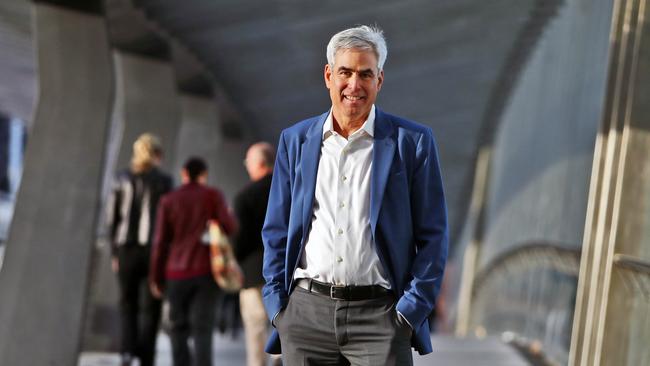
Britain is considering its own crackdown, France is pushing for age limits across Europe, and Donald Trump’s nominee to be America’s surgeon general has also supported restrictions.
Jonathan Haidt, the US psychologist who has spearheaded the global push to get kids off social media, said: “Australia will fix America’s mistakes, and in doing so it may provide a model for other countries … We applaud Australia for stepping up and doing the right thing.”
In the UK, Technology Secretary Peter Kyle said he was “looking very closely” at Australia’s laws and that a similar ban for children under the age of 16 was “on the table”. He ordered a review on the impacts of social media on children which is due to be finalised in six months.
Dr Susie Davies, the founder of British organisation Parents Against Phone Addiction in Young Adolescents, urged the UK and other countries to follow Australia’s lead.
“I think the world is watching Australia very closely and I really hope it’s a success and Australia sees significant improvement in their teenagers’ mental health and it will help catalyse other countries to follow,” she said.
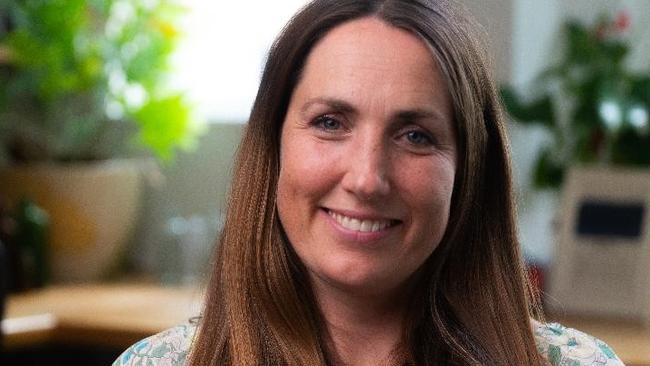
France last year passed a law requiring parental consent for children under 15 to use social media, and President Emmanuel Macron has since pushed for more sweeping restrictions.
French Education Minister Anne Genetet told Politico that Australia’s ban offered a model that needed to be implemented across Europe to deal with the social media “emergency”, saying: “We would like that something very similar could be put in place.”
The Norwegian government last month unveiled plans to lift its minimum age to use social media from 13 to 15, while advocates in Germany called for their government to toughen existing rules that allowed children aged 13 to 16 to open accounts with parental consent.
In the US, the Biden administration’s Surgeon General Dr Vivek Murthy has blamed social media for fuelling a youth mental health crisis, and called for warning labels on the platforms.
Dr Janette Nesheiwat, who was nominated by Mr Trump last week to replace him, said in an interview earlier this year: “I think social media should be banned to all teenagers, to all young children, because it’s done nothing but harm.”
DEBATE RAGES OVER SOCIAL MEDIA LAWS IN US AND UK
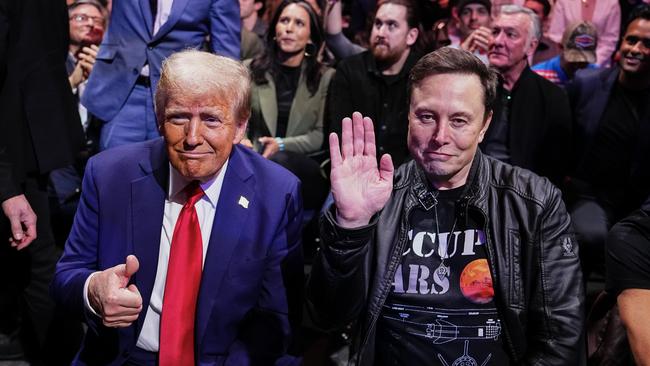
But Elon Musk, the world’s richest man who owns X and is now one of the President-elect’s closest confidantes, accused the Australian government of using its social media age limit as “a backdoor way to control access to the internet”.
The debate in Washington DC is currently focused on the Kids Online Safety Act, a bill passed by the Senate in July that represents the most significant overhaul in decades.
It would create a legal duty for social media companies to ensure their platforms did not cause mental health problems, eating disorders, bullying and sexual exploitation, while also requiring children and their parents to be given access to new online safety tools.
The House of Representatives has until the end of the year to give it the green light, with a bipartisan coalition of 32 state attorneys general last week pushing them to sign off on “better safeguards for minors online”. But Republican Speaker Mike Johnson told Punchbowl News of the laws: “I love the principle but the details of that are very problematic.”
Josh Golin, the executive director of child online safety organisation Fairplay, said if the legislation did not pass, there would be “a big push for bans” like Australia’s law because Americans were “so frustrated and so concerned about social media’s impact on children”.
“Everybody who cares about protecting kids online is going to be looking at what happens in Australia and how it’s rolled out and what the impact is,” he said.
Mr Golin warned the social media giants had “incredible lobbying power” and were “incredibly litigious”, having already sued over more narrow reforms in several US states.
Cato Institute fellow for free expression David Inserra said Australia’s age limit would be “constitutionally dubious in the US” and was “as useful as an ashtray on a motorbike”, given questions about how the age verification scheme would work.
In the UK, Molly Rose Foundation chief executive Andy Burrows said Australia’s move was “highly understandable” but nevertheless a “retrograde step”, saying he preferred “strong regulation and putting the onus on tech companies rather than punishing children for the failures of big Silicon Valley firms to make their products fundamentally safe”.
The foundation was set up by the family of Molly Rose Russell, a 14-year-old who ended her life in 2017, with a coroner later ruling harmful social media content contributed to her death.
BRITISH MUM APPLAUDS AUSTRALIAN AGE BAN
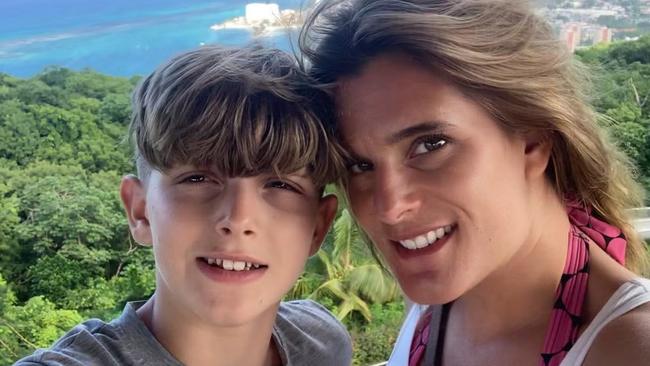
Grieving British mother Ellen Roome has praised Australia’s world-leading ban on children’s access to social media and said she would like to see the UK follow suit.
The 48-year-old lost her 14-year-old son Jools in April 2022 after she believes he took part in an online challenge that went horribly wrong.
Ms Roome has faced an uphill battle to try and access data from social media companies on what her son was viewing shortly before his death and has so far been unsuccessful.
She said Australia’s age ban is a good start to helping protect young people online.
“Personally I think this should go a step further and children should be banned from social media until they are 18,” Ms Roome told News Corp.
“Banning it, getting social media off children is a good option, getting children to be safe online is paramount”.
Ms Roome, from Cheltenham in Gloucestershire, has no other children and said the trauma of losing her only child has left her having “days when it’s debilitating”.
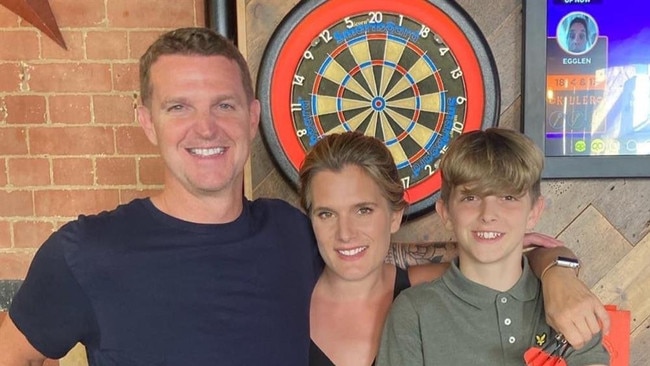
She said Jools was on many different social media platforms including TikTok, Snapchat, WhatsApp and Facebook in the lead up to his death.
A coroner found it was unlikely he took his own life but the events leading up to his death have remained unclear.
“What really bothers me is that we are allowing children to sign up to terms and conditions (on these sites) and they are viewing stuff but as parents we have no rights,” Ms Roome said.
“I’m not doing this for my children, I don’t have any other children, I’m doing this for other people’s children”.
Ms Roome met last week with the UK’s technology secretary Peter Kyle – he said earlier this month he was following Australia’s age restrictions closely.
Ms Roome said one of the core problems with children accessing social media is they “lie about their age” when asked




